Publications
Articles, publications, books, tools and multimedia features from the U.S. Institute of Peace provide the latest news, analysis, research findings, practitioner guides and reports, all related to the conflict zones and issues that are at the center of the Institute’s work to prevent and reduce violent conflict.
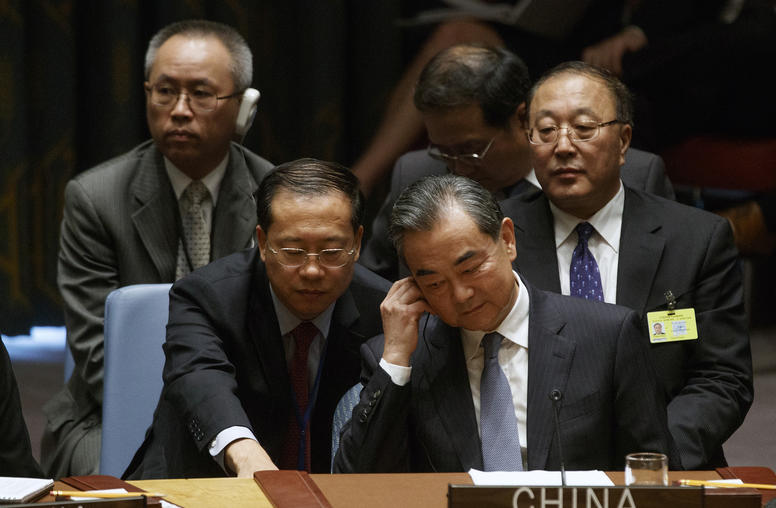
India-Pakistan Tensions Test China’s Relationships, Crisis Management Role
The latest India-Pakistan crisis has put China in a difficult position, as it tries to balance its relationships with both countries, while helping to stave off a conflict and demonstrate its ability to manage and resolve crises. Chinese Foreign Minister Wang Yi spoke to leaders in both Pakistan and India last week, urging them to practice restraint and find a way to deescalate the situation. Despite Pakistan’s request for China to play a more active role, competing priorities constrained the degree to which Beijing could lead—highlighting a chronic challenge for Chinese diplomacy in South Asia. China’s decision to keep a low profile is likely deliberate and in keeping with longstanding practice, but it is inconsistent with Beijing’s aspirations to lead in Asian crisis diplomacy.
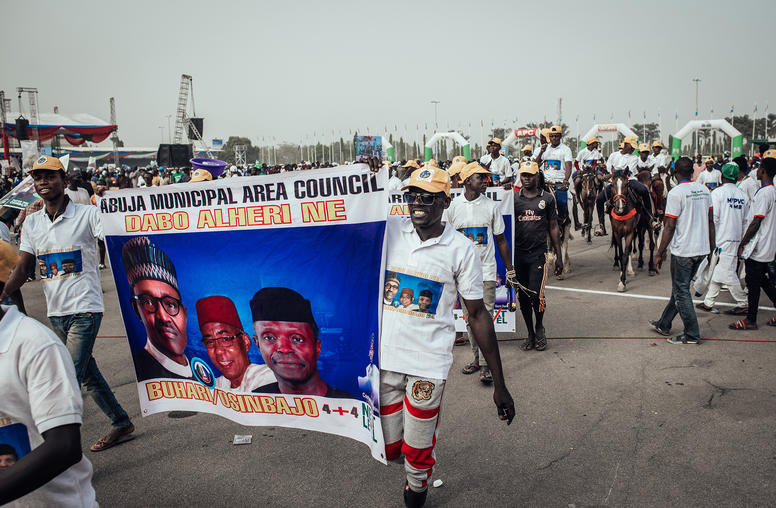
Nigerians Head to the Polls Again for State Elections
On March 9, Nigerians return to the polls to elect governors and state legislators. The balloting follows the presidential elections held February 23, which saw the incumbent president, Muhammadu Buhari, re-elected for another four-year term. USIP’s Chris Kwaja and Aly Verjee discuss how Buhari’s victory may impact the state elections, Nigerians’ seeming disenchantment with voting, and how to avert potential violence.

Amb. Richard Olson on the India-Pakistan Crisis
Last week, tensions between India and Pakistan—sparked by a suicide attack claimed by a Pakistan-based terrorist group—put the world on notice. “The United States has reached a point where it believes that the militants operating out of Pakistan are … a threat, not just to India and to Afghanistan and our forces in Afghanistan, but … a threat to the long-term stability of the Pakistani state,” says Richard Olson, a former U.S. ambassador to Pakistan.
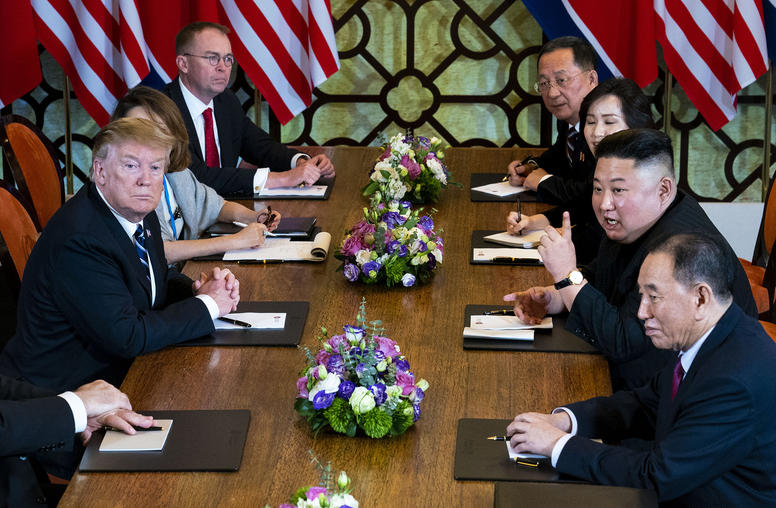
Failure in Hanoi Doesn’t Mean Peace Is Dead
Last week, U.S. President Donald Trump and North Korean leader Kim Jong Un walked away from Hanoi empty-handed. Their failure to sign a deal was shocking, given most of the speculation before the summ
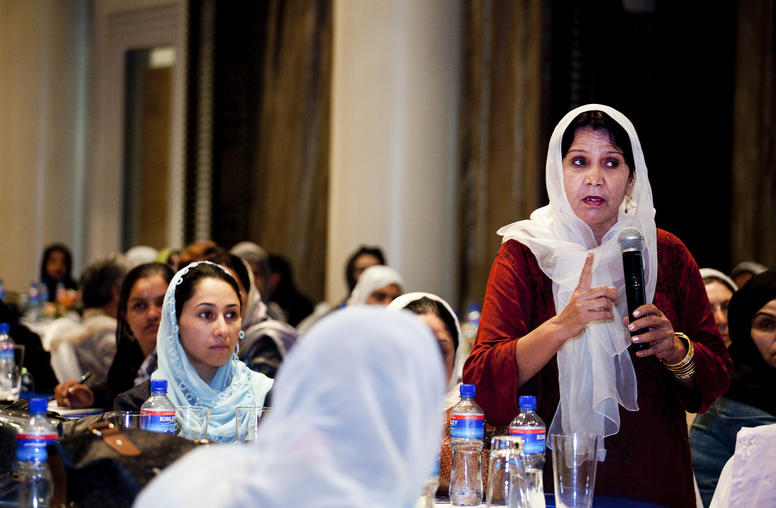
Afghanistan Talks: No Women, No Peace
As talks between the U.S. and the Taliban raise hopes for peace in Afghanistan, the country’s women fear another—and related—possibility: That their hard-won rights to participate in the nation’s political and economic life could again be washed away by the Taliban’s rigid views on gender.
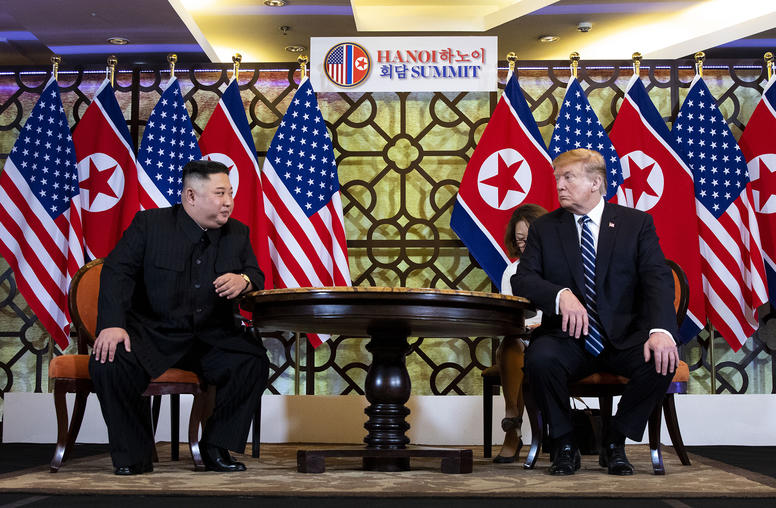
U.S.-North Korea Negotiations: What Happened in Hanoi?
President Trump and North Korean leader Kim Jong Un unexpectedly cut short their second summit Thursday after failing to come to an agreement to dismantle Pyongyang’s nuclear weapons and provide sanctions relief. USIP’s Ambassador Joseph Yun and Frank Aum explain what happened in Hanoi and what comes next for U.S.-North Korea nuclear diplomacy.

Nancy Lindborg on a New Prevention Paradigm
Following the release of the Task Force on Extremism in Fragile States’ final report, Nancy Lindborg explains why a new prevention paradigm is needed to address the root causes of extremism in fragile states. “We are in a moment of convergence and shared desire to figure out how to do these tough tasks differently,” says Lindborg.
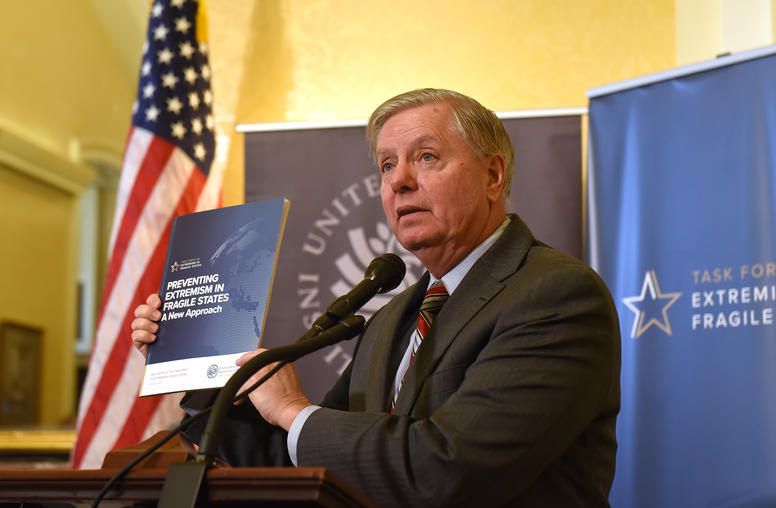
Bipartisan Congressional Panel Urges New Approach to Fighting Extremism
Members of Congress representing both parties—Senators Chris Coons (D-DE) and Lindsay Graham (R-SC), as well as Representatives Eliot Engel (D-NY) and Michael McCaul (R-TX)—yesterday lauded the release of a new report that makes the case and outlines a framework for preventing violent extremism at its roots.
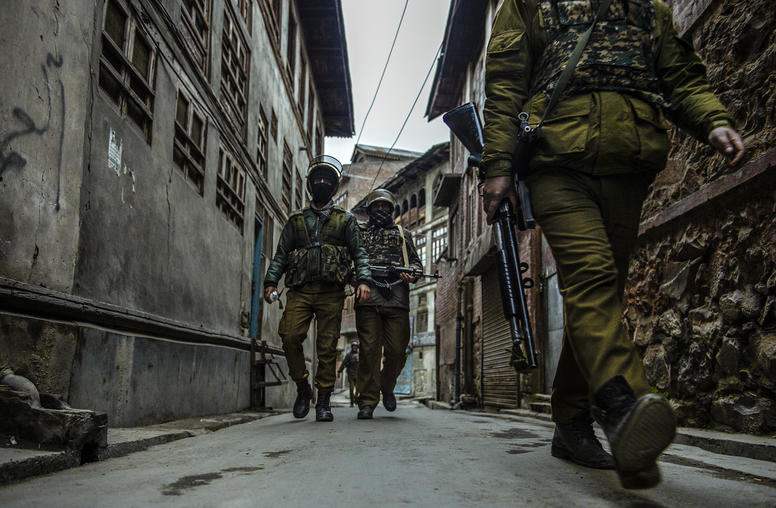
What Can be Done to Calm the India-Pakistan Crisis?
On February 14, in the disputed region of Kashmir, a suicide bomber rammed into a convoy of Indian paramilitary police, killing 44. The attack was claimed by the Pakistan-based Islamist group Jaish-e-Mohammad and was the deadliest bombing in Kashmir in three decades. Nearly two weeks after the attack, India launched a retaliatory airstrike. USIP’s Moeed Yusuf examines how the U.S. and international partners are key to preventing further escalation that could lead to nuclear war.
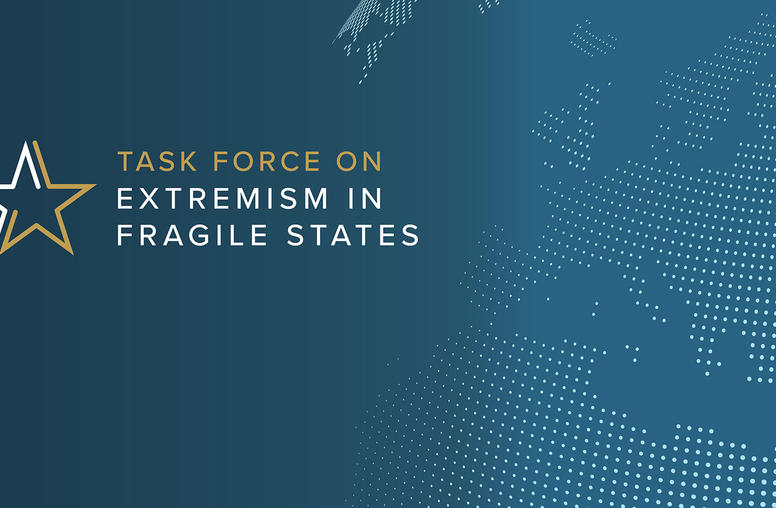
Preventing Extremism in Fragile States: A New Approach
Despite our success protecting America’s homeland, extremism is spreading. Since 9/11, the number of terrorist attacks worldwide per year has increased fivefold. As long as this continues, the United States will remain vulnerable to terrorism while extremism contributes to chaos, conflict, and coercion that drains U.S. resources, weakens our allies, and provides openings for our competitors.